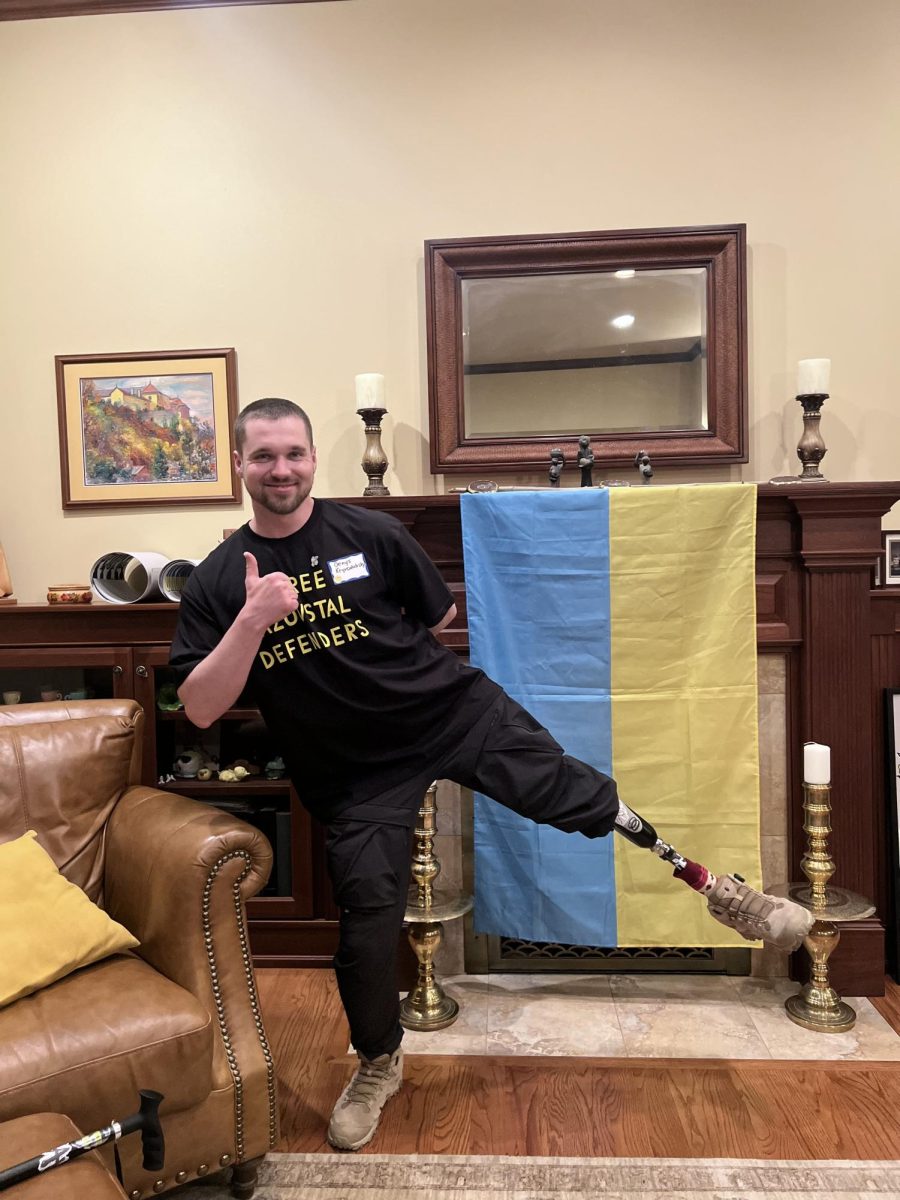The process of finding a therapist can involve being left on wait lists and being forced to pay expensive bills.
State health insurance in Oregon is the Oregon Health Plan, which is administered through the Oregon Health Authority and covers everything from medication payments to middle of the night emergency room visits, according to oregonhealthcare.gov. It also helps some patients who are forced to compete with large medical bills.
Health insurance at Oregon State University is somewhat similar, however it is limited in that it is mostly administered through on-campus clinics. Alongside the OSU health plan, OSU has Counseling and Psychological Services, which are included in tuition fees.
While both of these are helpful with a variety of short-term issues, students expressed problems dealing with more long-term-focused issues.
Lily Ayola, a third-year psychology major at OSU, is one of these students. Originally from California, her health insurance is particular only to her home state so when she moved to Corvallis for school, she had to find new coverage.
“When my freshmen year started I first tried to find a therapist, but couldn’t afford it off campus so I tried through CAPS,” Ayola said. “Which was interesting, the waitlist was really long, I had a terrible roommate situation so I needed to talk about it but I never actually got in.”
Ayola continued having issues accessing CAPS, as the first time she was able to get counseling was this year. Ayola warns that signing up for CAPS means knowing that you for sure want a counselor.
“You have to get on the waitlist right away, or it just never opens up, it gets really long very quickly,” Ayola said.
Ayola added she is limited to only 10 sessions with CAPS, “Which is not that many. There is a lot going on this year so me and my counselor have had to stretch my sessions, so I only see her once a month, which is not as frequent as I would like,” she said.
Ayola expressed that this makes it hard to build a connection with her counselor and feels forced to talk about the deep trauma immediately.
Sophie Maionchi, a fourth-year human development and family sciences major, went a different route and looked off campus for a counselor.
Maionchi started at OSU in 2020 and signed up for a single session appointment with CAPS in 2021. Due to her early start with getting on the waitlist, Maionchi was able to get in touch with a therapist in CAPS pretty quickly. However, she said there were a lot of people on the list behind her.
“I knew they wouldn’t really be helpful in the long term so I just used the single session therapist and asked her how to get a counselor off campus,” Maionchi said. “(The therapist) was very helpful and she also totally understood that CAPS is not for the long term.”
They spent the whole session screen sharing Maionchi’s insurance and the therapist showed her how to navigate the filters and look for an off campus therapist that was in network with Maionchi’s insurance.
“For example, maybe you want a licensed social worker; you can filter that and put your preferences, ‘I want a female therapist,’ ‘I want a male therapist’ and then you pick a location and it will generate results for you. In a list form, it will get you their phone number and email, it is very detailed,” Maionchi said.
While some insurance plans have a different layout, most of the time they are similar.
“I would recommend (that you) don’t use CAPS for what they intended it for. I would use the Single Session Clinic to get as much information on therapy and how it works outside of the university because they are actually very helpful with that,” Maionchi said.



















































































![Newspaper clipping from February 25, 1970 in the Daily Barometer showing an article written by Bob Allen, past Barometer Editor. This article was written to spotlight both the student body’s lack of participation with student government at the time in conjunction with their class representatives response. [It’s important to note ASOSU was not structured identically to today’s standards, likely having a president on behalf of each class work together as one entity as opposed to one president representing all classes.]](https://dailybaro.orangemedianetwork.com/wp-content/uploads/2025/03/Screenshot-2025-03-12-1.00.42-PM-e1741811160853.png)





























